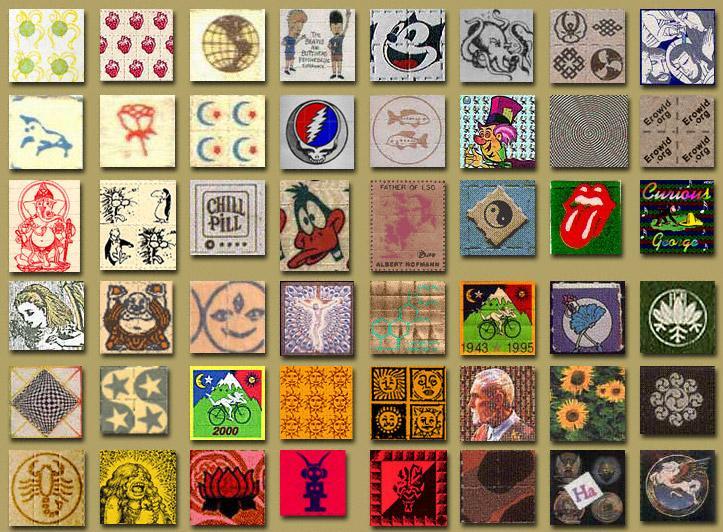An analysis of old studies suggests LSD may have a role to play in treating alcoholism.The powerful hallucinogen LSD (lysergic acid diethylamide) has potential as a treatment for alcoholism, according to a retrospective analysis of studies published in the late 1960s and early 1970s.
Psychedelics were promoted by psychiatrists in the 1950s as having a range of medical uses — to treat conditions such as schizophrenia, for example — before political pressures in the United States and elsewhere largely ended the work. “Alcoholism was considered one of the most promising clinical applications for LSD,” says Johansen. Alcoholics Anonymous co-founder Bill Wilson is said to have espoused the benefits of LSD in the book Pass It On: The Story of Bill Wilson and How the AA Message Reached the World.
In the last decade or so, however, a new generation of researchers have been interested in harnessing the therapeutic benefits of illicit drugs — such as 3,4-methylenedioxymethamphetamine (MDMA or ecstasy) for post-traumatic stress disorder, ayahuasca for drug and alcohol dependency, and psilocybin, the active ingredient in hallucinogenic mushrooms, for smoking cessation.
Roland Griffiths, a behavioural biologist at the Johns Hopkins University School of Medicine in Baltimore, Maryland, is investigating the influence of psilocybin on smoking cessation, and says that psychedelics sometimes give rise to distinctive, insightful experiences that can produce enduring positive changes in attitude, mood and behaviour.
“This is impressive and important work,” says Matthew Johnson, a psychiatrist also at Johns Hopkins University who is now running a small trial looking at the effectiveness of psilocybin to treat nicotine addiction.
“Although this meta-analysis does not replace the need to test the approach in new, well-designed and rigorous clinical trials, it puts some more muscle behind the interpretation that the older literature shows hints that psychedelic therapy might really help addiction.”
However, Ken Checinski, a consultant addiction psychiatrist and independent researcher based in London, says that although the results are exciting, no pharmacological treatment should be seen as a magic bullet and that modern therapeutic techniques have improved. “The included LSD trials pre-date the use of psychological techniques such as motivational interviewing and cognitive behaviour therapy,” he says.
Source: Endo Riot









